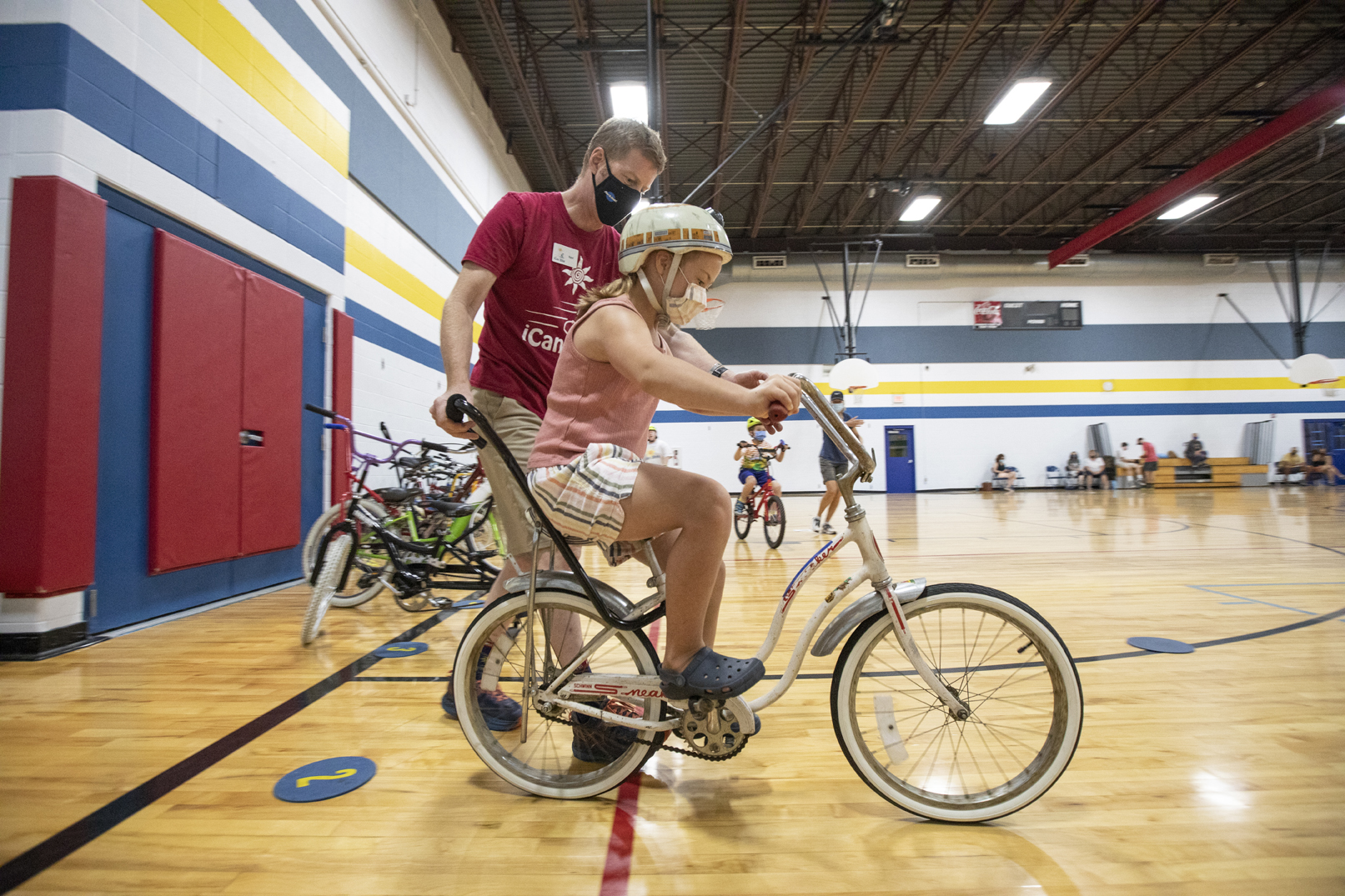People with autism spectrum disorder (A.S.D.) experience the world differently. As a result of this unique perception of their environments, people with autism may not be able to communicate their needs as easily as their peers, which often leads to anxiety and frustration.
Behaviors in Autism:
- Yelling
- Refusing or ignoring requests
- Hurting themselves or others
- Head banging, biting, etc.
- Running from the room
- Taking their clothes off in public
- And more
Unfortunately, certain behaviors can often isolate the individual, as they prevent them from participating in family and community activities. While this distressed behavior is common among individuals with A.S.D., it can be managed and even adapted. Keep reading to learn 8 autism behavior intervention strategies.
8 Autism Behavior Strategies
All behavior occurs for a reason. It is the individual’s way of trying to communicate something. As a caregiver, it is our challenge to figure out what it is they are trying to say and respond appropriately.
- Keep a journal. Look for things that trigger distress. These could be things your child does or things that happen to your child. Keep a log that includes the date and time of the behavior, what triggered it, when it happened, and any consequences. This will help you learn how to avoid that particular behavior.
- Reinforce positive behaviors. Studies show that positive reinforcement is more effective than punishment. Be specific and try to give praise while they still remember what they were doing.
- Establish a routine. Individuals with A.S.D. thrive on structure and consistency. Changes in routine can create stress. Share this routine with anyone who may be helping care for your loved one, to ensure everything stays on track.
- Seek therapy. Applied Behavior Analysis (A.B.A.) is an individualized therapy that determines a person’s preferred method of communicating as well as triggers for distressed behavior.
- Have a quiet space. Individuals with autism often suffer from sensory overload. A room with low light, no noise, and tools such as rubber balls, art supplies, and other sensory-sensitive attributes can help your loved one calm down and reset.
- Be patient. Even when someone is exhibiting distressed behavior, a calming demeanor will defuse rather than escalate a problem. Practice deep breaths, count to ten, or simply take a break when you need to.
- Use alternative communication (A.A.C.) tools. This specific type of assistive technology can benefit people with autism by promoting independence, expanding communication, and increasing social interactions. For example, you might use flash cards, ask them to draw a picture, or use a tablet.
- Set realistic expectations. Be fair to your loved one and yourself when you set realistic expectations. Autism is classified as a spectrum disorder for a reason: individuals with autism exhibit a whole spectrum of behaviors. Praise good behavior and put a plan in place for continuous improvement—not perfection.
People with autism can lead happy, fulfilling lives! Discover how you can help your loved one improve their social skills when you read our blog: Working to Improve Social Skills in Adults with Autism.
Compassionate and Individualized Care
Located in Oshkosh and Appleton, Wisconsin, Covey is a nonprofit organization that helps individuals with disabilities and their families. Our kind and knowledgeable staff provide compassionate care to every client, whether we interact with them in person or virtually. Most importantly, we celebrate the fact that no two clients are the same. We are proud to offer individualized care to meet our clients’ needs.
Through our Community Engagement program, Covey clients get acclimated to the world outside their own homes. We love exploring the greater Fox Valley area through volunteering, shopping, sporting events, and more!
If you’d like to learn more about how we can help your loved one develop behavior management strategies and improve their social skills, contact us at info@covey.org. We can’t wait to connect!

